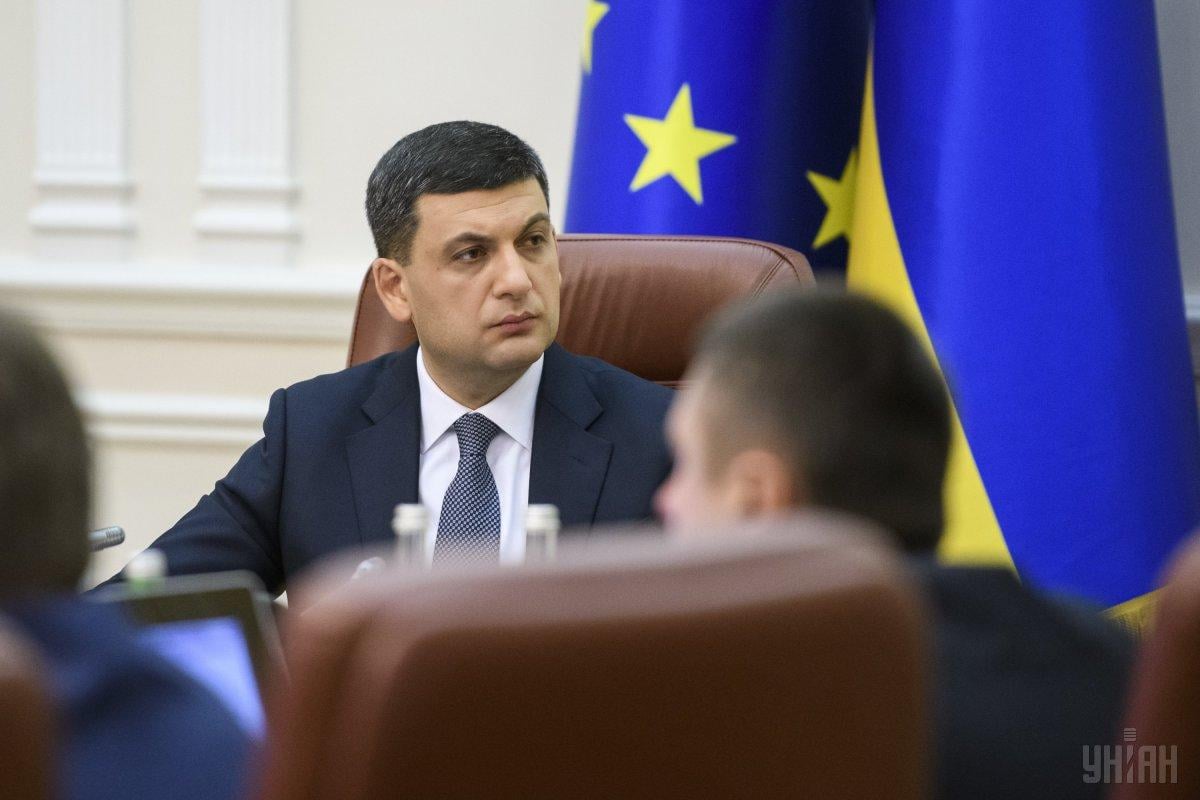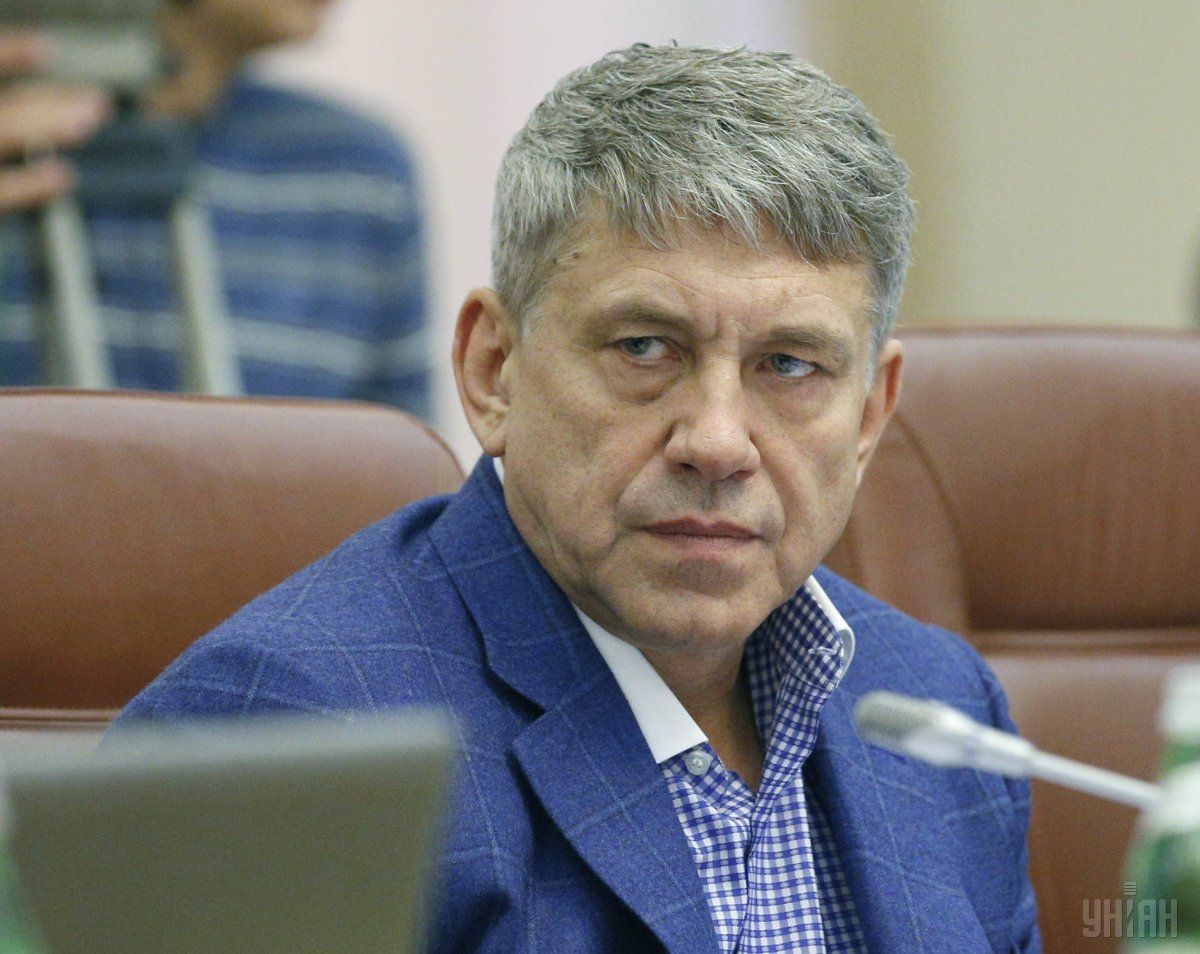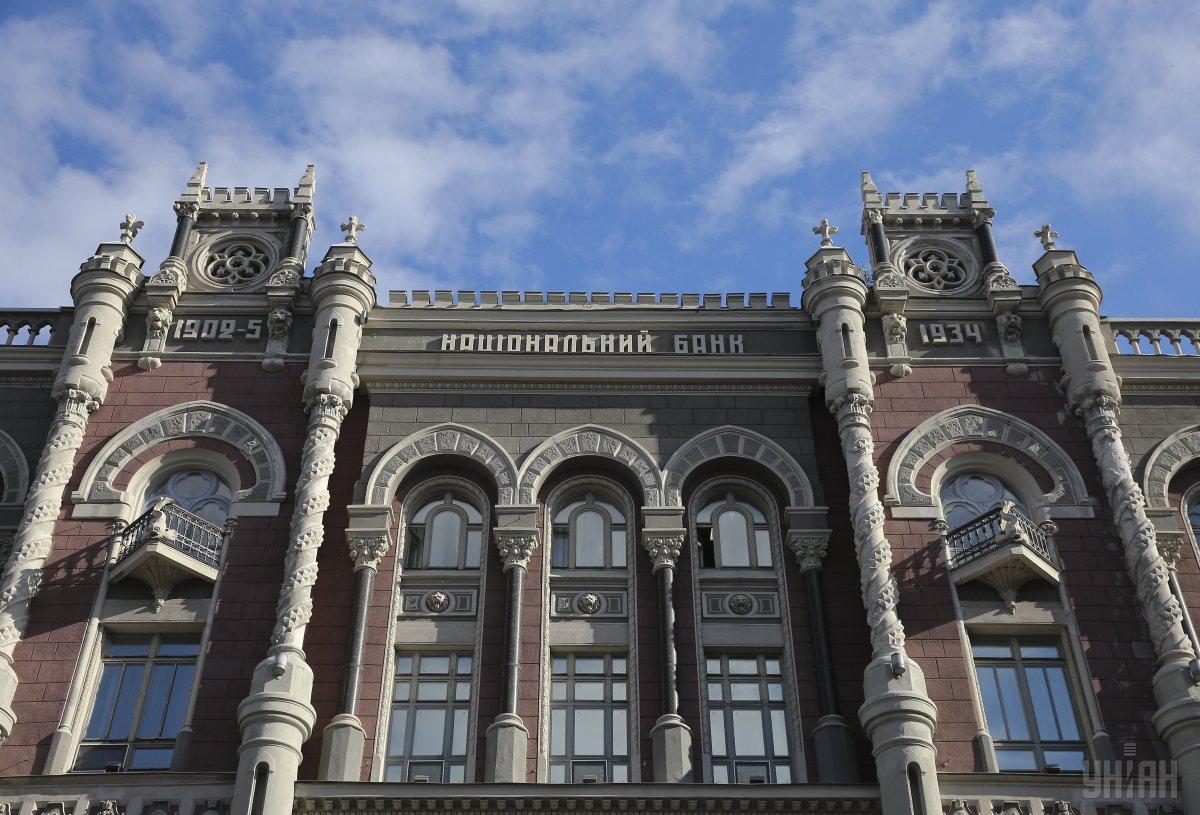
Week's balance: Cabinet "freezes" electricity tariffs for households, obliges Naftogaz to reduce gas prices, while National Bank keeps key rate unchanged
The government has passed a resolution that would retain electricity prices for the households at their current level until the end of 2020, and obliged Naftogaz to reduce by UAH 800–900 the cost of natural gas, while the National Bank ruled to keep the key policy rate unchanged to prevent inflation risks. These are this week's major economic developments in Ukraine.
In the outgoing week, Prime Minister Volodymyr Groysman once again focused on his ongoing conflict with National Joint-Stock Company Naftogaz of Ukraine, which has been lasting for several years already. This time, he called the company an "insatiable monopoly," demanding that its leadership reduce gas prices for the households by UAH 800–900 per 1,000 cubic meters as early as June.
"Naftogaz has approved prices for June that are higher than the market ones. They plan to do the same with July prices. This is unacceptable, I emphasize. Therefore, we've developed another regulatory document that will prevent Naftogaz from abusing its monopoly position. And they really are a monopoly – I'd like to add one more word here – an insatiable one. I emphasize that we must bring them to senses," Groysman said at a government meeting on Wednesday.

According to the prime minister, gas prices in world markets have fallen significantly, which led to lower gas prices for Ukrainian industrial consumers. At the same time, prices for the households remained at the same, high level: in some regions, they reach UAH 8,800 per 1,000 cubic meters. In this regard, the government obliged Naftogaz to reduce gas prices for the households to under UAH 8,000.
Naftogaz stated that the company has already reduced the wholesale price of gas in accordance with the dynamics of market prices. "Depending on the regional gas tariff, the ultimate retail price for the households in July will range from UAH 7.6 to UAH 8.2 per cubic meter of gas," the company press service reported.
At the same time, Naftogaz recalled that it is the Cabinet that defines market rules and, as the sole shareholder, puts forward demands to Naftogaz, adding that these demands sometimes contradict each other.
Now the government appealed to the Court of Accounts, the Antimonopoly Committee, the State Fiscal Service, and the State Audit Service, to have a joint group created to audit the pricing mechanism in question.
Freezing electricity tariffs
In the outgoing week, the government made a number of important decisions toward launching a new electricity market from July 1, 2019. Thus, the Cabinet of Ministers adopted a resolution that imposed special obligations on the supply of electricity for the needs of the households from July 1, 2019 to December 31, 2020 to state-owned power generating companies Energoatom, Ukrhydroenergo, as well as Ukrenergo and regional energy generating companies.
According to Minister of Energy and Coal Industry Ihor Nasalyk, the move will allow not raising electricity prices for the households under the new market conditions. He also noted that the price of electricity for industrial consumers, once the new market is launched, could grow by 5-6% only. According to the minister, since April, test platforms for electricity trading have been operating in Ukraine, which make it possible to predict price changes after the launch of the market.

However, the president's envoy to the Cabinet of Ministers, Andriy Gerus, did not share such optimism. He noted that, according to the National Energy and Utilities Regulations Commission (NEURC), if the government decides on special obligations, electricity prices for non-household consumers will increase by 40-50%, which will affect the national economy, and the launch of the electricity market could lead to the emergence of new "major corruption schemes."
The National Bank also gave its outlook for the rise in electricity prices after the launch of the market. According to Deputy NBU Governor Dmytro Solohub, from July, electricity prices in Ukraine may grow by 25%, but this will not have a significant impact on inflation.
Curbing inflation

Another important economic development of the outgoing week was the NBU decision to keep the key policy rate unchanged at 17.5% per annum, after the regulator lowered it in April for the first time in two years.
According to the NBU, this is necessary to prevent inflationary risks, which have increased since the April decision to reduce the rate by 0.5 percentage points.
The regulator noted that over the last two months, inflation in Ukraine exceeded the forecast. Domestic demand also continued to grow rapidly due to high wage growth rates.
In addition, in recent weeks, volatility in financial markets has risen due to speculations about Ukraine's external public debt, further financial support from the International Monetary Fund, and the course of various litigations.
The NBU noted that other risks remain significant, including: political uncertainty during the election period, global economic recession, and lower prices on commodity markets, maintaining geopolitical tensions, and uncertainty over gas transit volumes via Ukraine from 2020.
"The Board of the National Bank still assumes that the cycle of monetary policy easing can continue under the condition of easing inflation risks and a steady improvement in inflation expectations," the situation in the NBU was commented.
It is worth noting that the key goal of the National Bank is to reduce inflation to 5% by the end of 2020. This year, the NBU predicts a slowdown in inflation down to 6.3%.
Restrained optimism brought the news from the foreign exchange market, where the hryvnia managed to reverse the downward trend. The national currency in the last days of May had rapidly begun falling and for the first time in several months it overcame the psychological mark of UAH 27 per dollar. However, by the end of this week, the hryvnia has regained its positions, having become stronger by almost 50 kopiykas.
Next week promises to be just as full of important economic events. The State Statistics Service will report on the level of inflation in May, the government will continue to pass important economic decisions, while people's deputies will work in committees, preparing for the upcoming elections.
Ihor Orel

